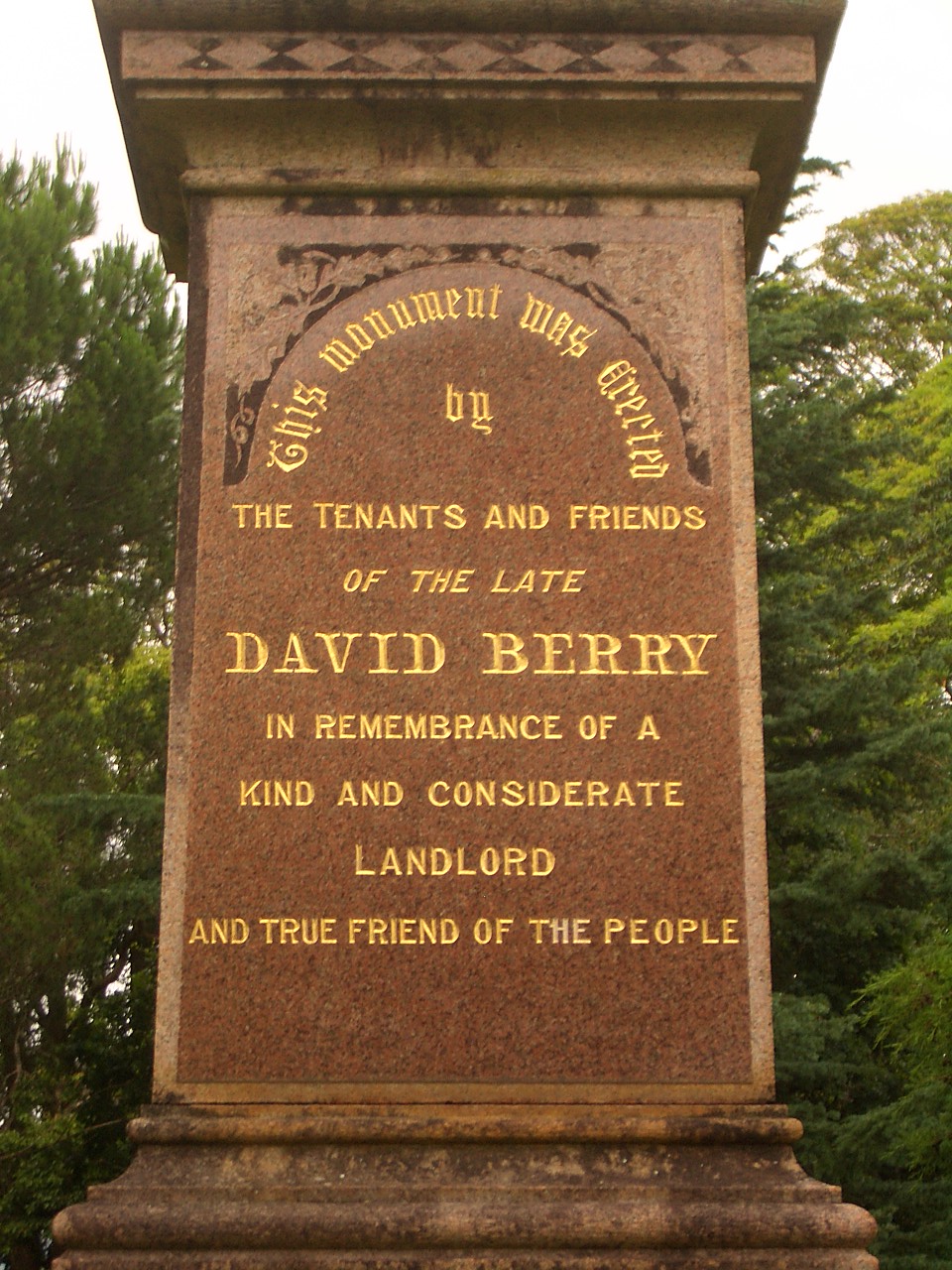|
Constructive Eviction
Constructive eviction is a circumstance where a tenant's use of the property is so significantly impeded by actions under the landlord's authority that the tenant has no alternative but to vacate the premises. The doctrine applies when a landlord of real property has acted in a way that renders the property uninhabitable. Constructive eviction does not have to be intentional by the landlord, and acts can range from failure to remove pests or fix necessary appliances, to changing locks or creating a hostile environment. Three conditions must be met for a circumstance to qualify as constructive eviction: *Wrongful conduct by the landlord *that substantially interfered with a tenant's use and enjoyment of a rental property If a tenant is sued by their landlord because the tenant abandoned the property or failed to pay rent, the tenant can use constructive eviction as a defense. If used successfully, this defense protects the tenant from being held liable to the landlord for damages. ... [...More Info...] [...Related Items...] OR: [Wikipedia] [Google] [Baidu] |
Landlord
A landlord is the owner of property such as a house, apartment, condominium, land, or real estate that is rented or leased to an individual or business, known as a tenant (also called a ''lessee'' or ''renter''). The term landlord applies when a juristic person occupies this position. Alternative terms include lessor and owner. For female property owners, the term landlady may be used. In the United Kingdom, the manager of a pub, officially a licensed victualler, is also referred to as the landlord/landlady. In political economy, landlord specifically refers to someone who owns natural resources (such as land, excluding buildings) from which they derive economic rent, a form of passive income. History The concept of a landlord can be traced to the feudal system of manoralism ( seignorialism), where landed estates were owned by Lords of the Manor ( mesne lords). These lords were typically members of the lower nobility who later formed the rank of knights during ... [...More Info...] [...Related Items...] OR: [Wikipedia] [Google] [Baidu] |
Real Property
In English common law, real property, real estate, immovable property or, solely in the US and Canada, realty, refers to parcels of land and any associated structures which are the property of a person. For a structure (also called an Land improvement, improvement or Fixture (property law), fixture) to be considered part of the real property, it must be integrated with or affixed to the land. This includes crops, buildings, machinery, wells, dams, ponds, mines, canals, and roads. The term is historic, arising from the now-discontinued form of action, which distinguished between real property disputes and personal property disputes. Personal property, or personalty, was, and continues to be, all property that is not real property. In countries with personal ownership of real property, civil law (legal system), civil law protects the status of real property in real-estate markets, where estate agents work in the market of buying and selling real estate. Scottish civil law calls ... [...More Info...] [...Related Items...] OR: [Wikipedia] [Google] [Baidu] |
Damages
At common law, damages are a remedy in the form of a monetary award to be paid to a claimant as compensation for loss or injury. To warrant the award, the claimant must show that a breach of duty has caused foreseeable loss. To be recognized at law, the loss must involve damage to property, or mental or physical injury; pure economic loss is rarely recognized for the award of damages. Compensatory damages are further categorized into special damages, which are economic losses such as loss of earnings, property damage and medical expenses, and general damages, which are non-economic damages such as pain and suffering and emotional distress. Rather than being compensatory, at common law damages may instead be nominal, contemptuous or exemplary. History Among the Saxons, a monetary value called a '' weregild'' was assigned to every human being and every piece of property in the Salic Code. If property was stolen or someone was injured or killed, the guilty person had to pay th ... [...More Info...] [...Related Items...] OR: [Wikipedia] [Google] [Baidu] |
Implied Warranty Of Habitability
In common law jurisdictions, an implied warranty is a contract law term for certain assurances that are presumed to be made in the sale of products or real property, due to the circumstances of the sale. These assurances are characterized as warranties regardless of whether the seller has expressly promised them orally or in writing. They include an implied warranty of fitness for a particular purpose, an implied warranty of merchantability for products, implied warranty of workmanlike quality for services, and an implied warranty of habitability for a home. The warranty of merchantability is implied, unless expressly disclaimed by name, or the sale is identified with the phrase " as is" or "with all faults". To be "merchantable", the goods must reasonably conform to an ordinary buyer's expectations, i.e., they are what they say they are. For example, a fruit that looks and smells good but has hidden defects would violate the implied warranty of merchantability if its quality doe ... [...More Info...] [...Related Items...] OR: [Wikipedia] [Google] [Baidu] |
Loud Music
Loud music is music that is played at a high Loudness, volume, often to the point where it disturbs others and causes hearing damage. It may include music that is sung live, played with musical instruments, or with electronic media, such as Radio broadcasting, CD, MP3 players or even on phones and streaming services etc. Playing loud music that can be heard by others in nearby properties is considered rude by many societies, and may result in loss of respect and legal action under the nuisance ordinance. In certain contained settings, such as nightclubs or concerts, music is often played very loudly, but is viewed as acceptable. Overview Criminal and civil Disturbing the peace by playing loud music in the night is a criminal offense, typically a misdemeanor. The exact definition of what constitutes a loud music violation varies by location, either at a certain Loudness, volume (measured in decibels) or the distance from the source at which the music can be heard. The time of d ... [...More Info...] [...Related Items...] OR: [Wikipedia] [Google] [Baidu] |


